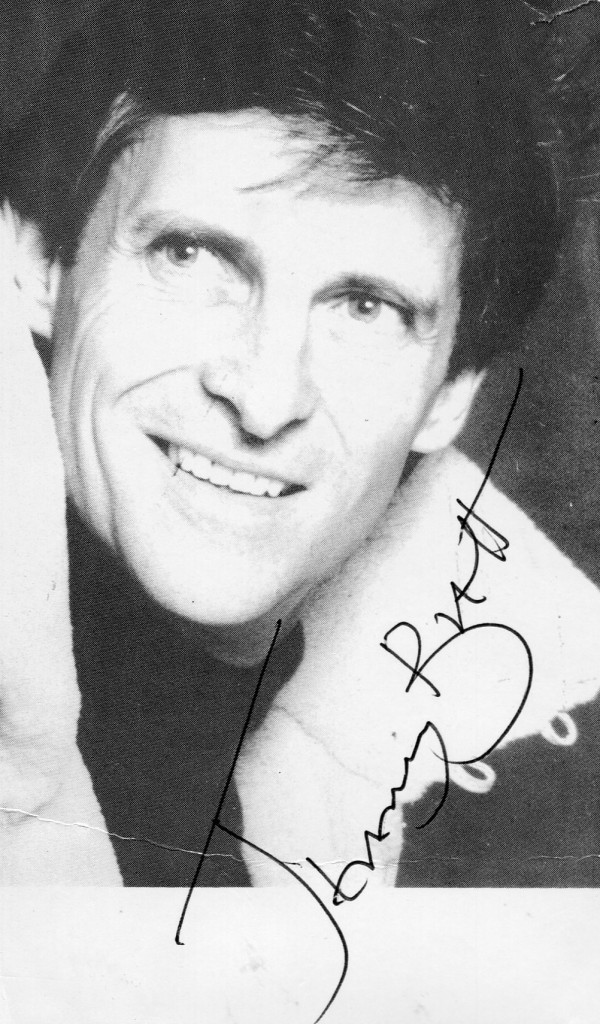
Jeremy Brett obituary in “The Independent” in 1995.
Jeremy Brett who achieved universal acclaim during his fifties for his brilliantly arresting characterisation of Sherlock Holmes on television, was an actor of Byronic good looks, romantic bearing and sonorous delivery.
Brett’s physical qualities were matched by an innate gift of bravura which made him adept at playing roles which demanded, above all, a handsome presence, a lively swagger and a touch of moody sensuality. It was in Laurence Olivier’s first National Theatre company in the late Sixties that he best demonstrated these natural gifts when he played a striking Bassanio in Jonathan Miller’s Victorian production of The Merchant of Venice; a touchingly awkward John Tesman opposite Maggie Smith in Ingmar Bergman’s Hedda Gabler; and a noble Orlando in Clifford Williams’s provocative all-male version of As You Like It.
Yet, in spite of a long succession of leading classical and West End theatre roles, a number of film parts including that of Freddy Eynsford- Hill in George Cukor’s Hollywood version of My Fair Lady (1964), Brett did not reach international fame until he was cast in 1984 in Granada’s first television series of the Conan Doyle detective stories, The Adventures of Sherlock Holmes. Both Brett and the series met with an immediate and universally enthusiastic response. The first series was followed by a further four and there were also four special feature-length Holmes stories shown separately.
In the decade leading up to his death, Brett stretched the great detective’s uncanny, cerebral powers in 40 separate tales of skulduggery and mystery. The series proved a huge draw with foreign audiences and both Brett and Holmes (it became hard to think of them as separate identities) were tested to their limits of physical and mental endurance.
As the voluptuous baroque of Brett’s acting developed, so his style came fully into its own. In a short space of time he had effectively eclipsed memories of all those other Baker Street virtuosi, including even such hardy favourites as Basil Rathbone’s splendidly lean, staccato version of the Thirties and Forties. Brett had the instinct to dare to go too far. As the series continued, his potent style, a mixture of passion and chill, fire and ice, took on a burning intense quality; it was a style in which kitsch and high camp were intermingled with a shuddering sense of danger.
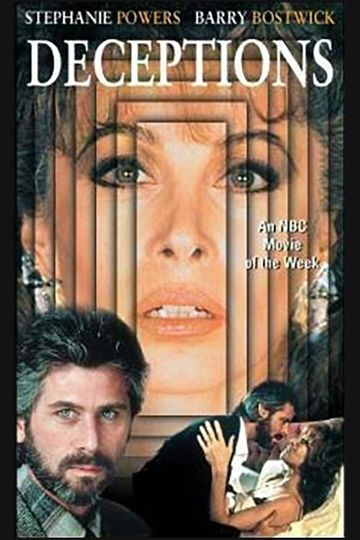

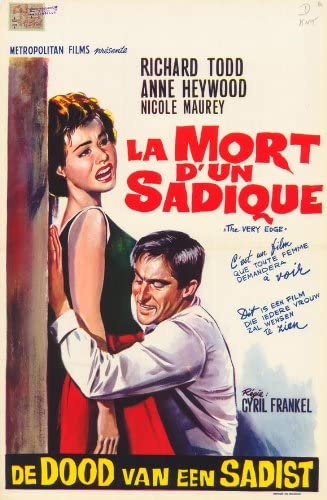

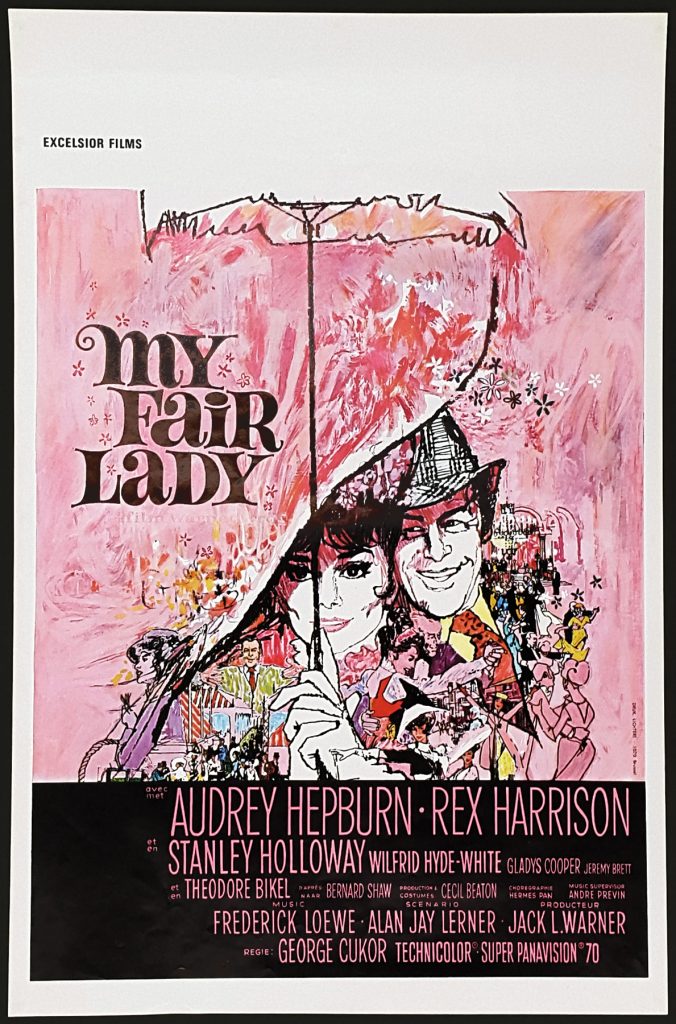
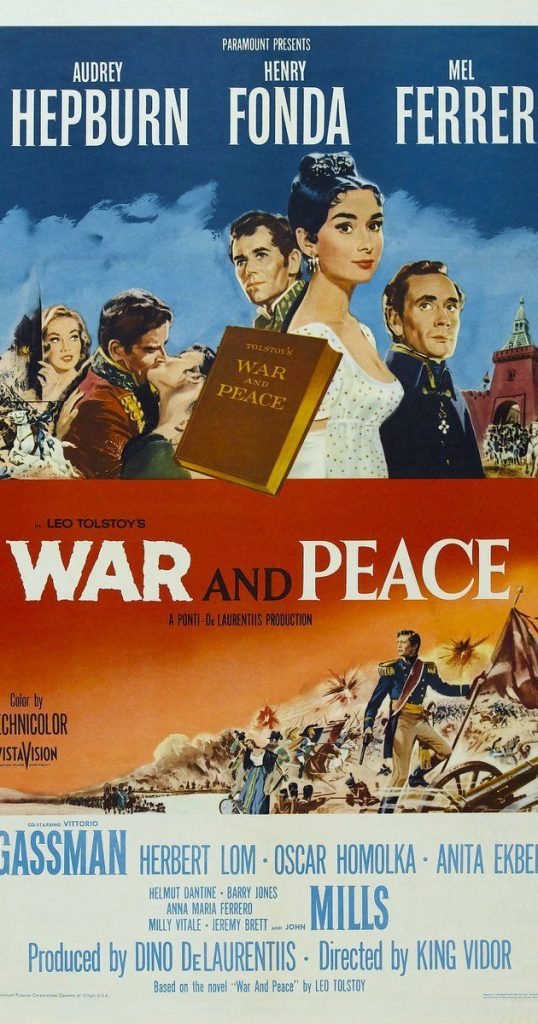
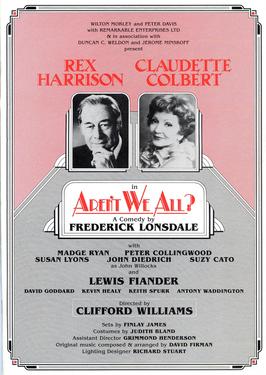

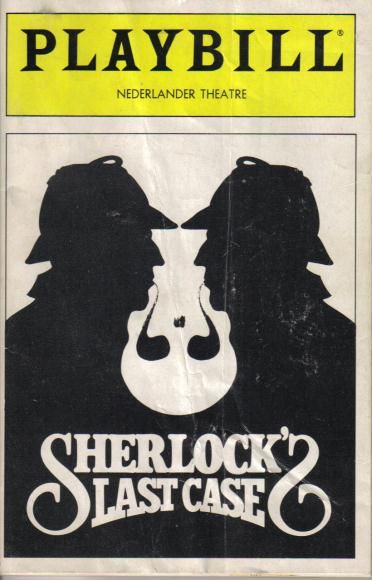
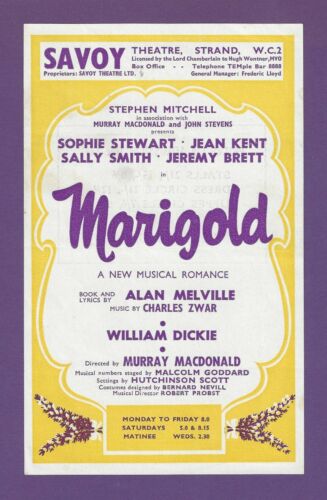
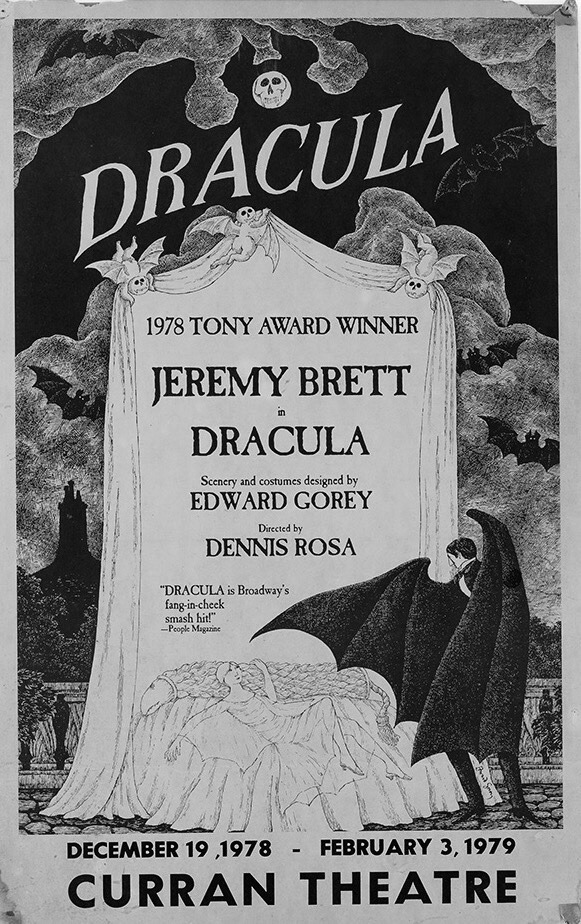
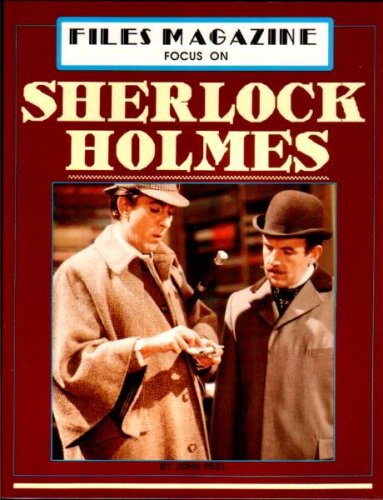


He was born Jeremy Huggins, the son of a distinguished army officer, Lt-Col H.W. Huggins, in 1935, and was educated at Eton and received his early stage training at the Central School of Speech and Drama. His first London appearance was as Patroclus, played as a notably seductive youth, in Tyrone Guthrie’s thrilling Edwardian-dress production of Troilus and Cressida at the Old Vic in 1956. Brett’s exceptional and long-lasting good looks continued to make him perfect casting for roles touched with sexual ambiguity and he frequently appeared in parts such as Wilde’s Dorian Gray (for the BBC), Noel Coward’s Otto in Design for Living (opposite Vanessa Redgrave) and, in 1958, Ron in Terence Rattigan’s Variations on a Theme at the Globe Theatre. At the same time his elegant, lightly worn, upper-class manner made him a natural television choice for such roles as Max de Winter in Rebecca (1978); Middleton Murry in A Portrait of Katherine Mansfield (1973); and, superbly, the upright-seeming but morally debilitated Captain Ashburnham in Ford Madox Ford’s The Good Soldier for Granada Television (1981).
In 1961 Brett was a noble and poetic Hamlet, if a somewhat conventional one, at the Strand Theatre and three years later, in 1963, he joined Olivier’s company at the Chichester Festival Theatre to play Dumois in Shaw’s St Joan and Sweetman in John Arden’s The Workhouse Donkey. He rejoined the company in 1967 when Olivier reopened it as the National Theatre at the Old Vic. Here, in Miller’s fin-de-siecle version of The Merchant of Venice his Bassanio was a bowler-hatted, knowingly handsome young cad, just the sort to have tempted Wilde; while his Tesman in Hedda Gabler, at the Cambridge Theatre, was a pitiably sweet-natured character, quietly desperate in his anxiety to please. Other roles at the National included an elegiac Berowne in Love’s Labours Lost (1968) and an ardent Che Guevara in John Spurling’s Macrune’s Guevara.
Since 1956, when he first appeared at the Winter Garden, New York, as Troilus in Troilus and Cressida and Paris in Romeo and Juliet, Brett had acted frequently in the United States. In 1964 he played Father Ricardo in The Deputy at the Brooks Atkinson, in New York, Robert Browning in the musical Robert and Elizabeth on tour in Canada, Oberon in A Midsummer Night’s Dream in Stratford, Ontario, and between 1978 and 1981 he appeared in The Passion of Dracula and The Crucifer of Blood, in Los Angeles. In 1988, after the impact of the Granada Television series, he appeared with success on stage at Wyndham’s Theatre, London, in The Secret of Sherlock Holmes, a dramatic two-hander with Edward Hardwicke, his redoubtable Dr Watson from the television series and his long-time friend and colleague. It was Brett’s last stage appearance.
Brett was twice married, first to Anna Massey, the actress, and secondly to Joan Wilson, the American producer (under the name Joan Sullivan) of Masterpiece Theater for the Public Broadcasting Service, in the United States. The romantic story is that, when Brett, during the early Seventies, stood in for a period for Alistair Cooke as the presenter of Masterpiece Theater, Sullivan was so overwhelmed by Brett’s handsome appearance that she vowed to make him her husband. Her death, after only seven years of marriage, came as a devastating blow to him.
Jeremy Brett, an emotional man of great warmth and generosity of spirit, cared deeply for his friends and colleagues and acted always spontaneously out of a seemingly full heart. The dark shadow which lay across his overflowing good nature was an increasing tendency to manic depression, an illness (later coupled with heart disease) which began to show itself during the second series of Sherlock Holmes and which made the production of later episodes a determined and heroic struggle for him.
When he was well and stable he bravely treated his own disorder with a sharp sense of mockery and joked blithely about his condition to his friends. Only 12 days ago, on his last public engagement, he made a moving appeal on the BBC’s The Week’s Good Cause in aid of the Manic Depression Fellowship.
Derek Granger
Peter Jeremy William Huggins (Jeremy Brett), actor: born Berkswell, near Coventry 3 November 1935; married 1958 Anna Massey (one son; marriage dissolved 1962), 1978 Joan Wilson (died 1985; one stepson, one stepdaughter); died London 12 September 1995

